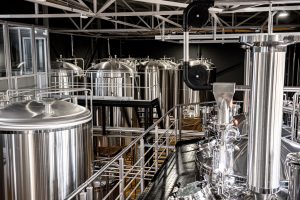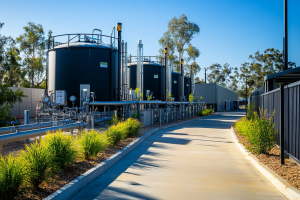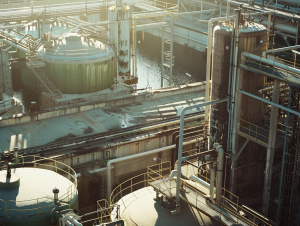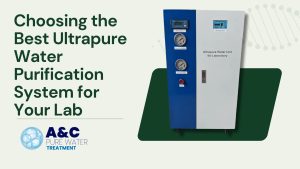
Use of Ion Exchange Resins in the Brewing Industry
1. Operational Guidelines: 2. Run Time: 3. Water and Cleaning Regulations: 4. Professional Knowledge for Brewing: Example Applications:
We all know that hard water is the enemy of good coffee – it can make coffee taste heavy, chalky, and dull, and will wreak havoc with your equipment too. Ion exchange water resins are the most common method for producing purified and softer water – they are inexpensive methods for improving a home’s water quality and preventing costly plumbing repairs.
Water softeners are low-maintenance, and the cation resin has a working life of seven to 10 years before replacement is required. And the most basic versions can even be ‘regenerated’ and used again.
Softening resins have two main applications, one is industrial water softening, and the other is in the food industry.
For this application, the resin is mainly used as the boiler feedwater softener. Hard water is high in dissolved minerals, largely calcium and magnesium. When hard water is fed into the boiler, scale is formed during the heating process and precipitates at the bottom of the boiler. The scale will make the boiler heat unevenly and even explode, bringing safety risks to industrial production.
In some areas of Australia, drinking water is too hard for direct consumption. Hard water must go through certain treatments to be softened. If people drink hard water long-term, the mineral deposits like calcium and magnesium in the water cannot be effectively digested and absorbed. These minerals accumulate in the human body, inducing atherosclerosis, cardiovascular, stones and other diseases. Moreover, the more calcium and magnesium in the water, the poorer the taste is, heavy and dull.
The resin used to treat water is ion exchange resin, which can be categorised into anion exchange resin and cation exchange resin. Water-softening resin is cation exchange resin. It mainly uses its own functional group to exchange some cations in the water, such as calcium, magnesium ions, etc. and adsorbs these ions to its own surface to achieve the purpose of softening water.
Softening resin is mainly used to reduce the hardness of the water. When people who seldom drink hard water occasionally drink hard water, they will have health problems such as gastrointestinal dysfunction. So it is necessary to soften the water with softening resins.
Ion exchange resins can be used to make sugar, drinks, wine, monosodium glutamate and so on. Ion exchange resins are widely used in the food industry. Generally speaking, the process involves one or more undesirable ionic ingredients being removed from the water to achieve purification, decolourization, recovery or separation. High fructose corn syrup is an example of a household food product produced by ion exchange resin treatment.
We offer a range of ion exchange resin products ideally suited for use in the food and drink industry. The result is very good. The major application of ion exchange in this area is removing excessive proteins, controlling acidity, and improving colour value.
Specifically, in the food, beverage, and sugar industries, ion exchange resins are used for various applications as listed below:

1. Operational Guidelines: 2. Run Time: 3. Water and Cleaning Regulations: 4. Professional Knowledge for Brewing: Example Applications:

Driving Force Behind Australia’s Environmental Policies With the Australian government’s growing emphasis on environmental protection and sustainable development,

1. The Importance of Industrial Wastewater Treatment Industrial wastewater treatment is a crucial aspect of environmental protection and

In a laboratory setting, the quality of ultrapure water has a crucial impact on experimental results. Selecting the

In beverage production, the stability and purity of water quality are crucial to the final product. To ensure

The ion exchange resin manufacturing industry is experiencing a wave of technological innovation and environmental sustainability. With increasing
© 2024 Copyright By A&C PURE WATER TREATMENT Pty Ltd. Website Edited by Adver Marketing